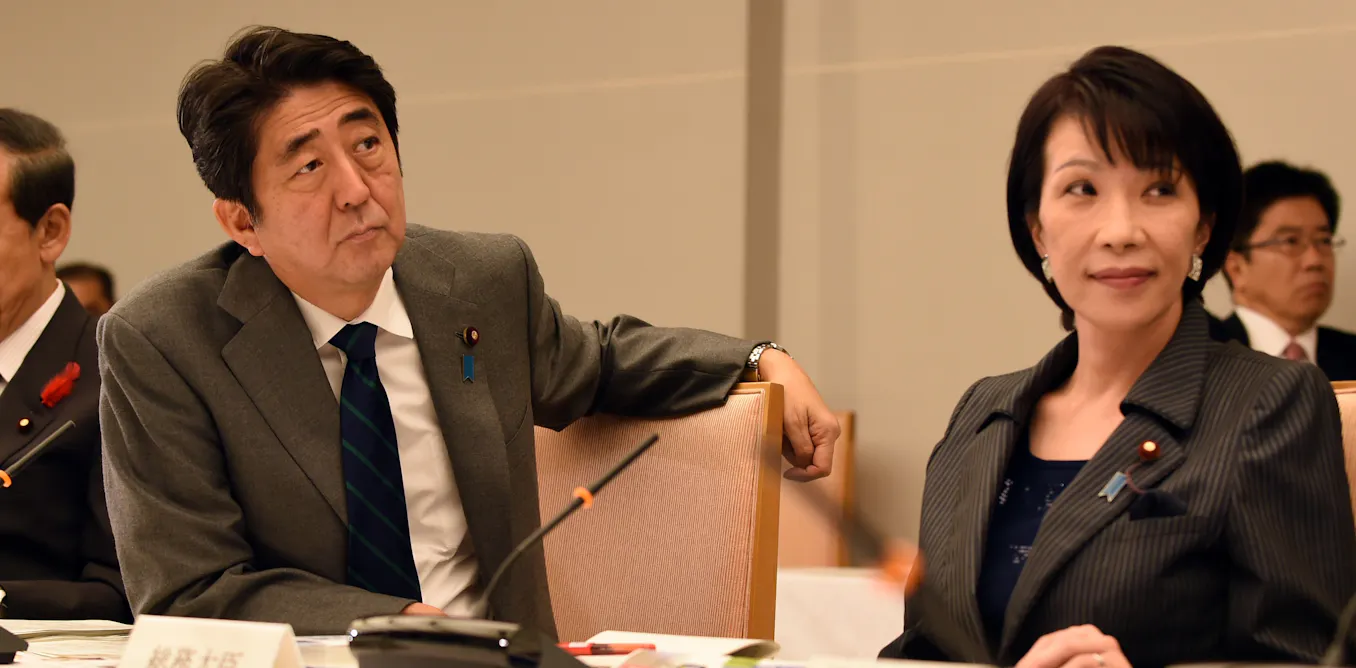Copyright thespinoff

New research shows higher trust in reporting that’s covered in-depth and backed by solid evidence – but the concept of what’s ‘trustworthy’ depends a lot on people’s own perspectives, writes BSA chief executive Stacey Wood. How do you rate your ability to tell truth from fiction these days? Can you still spot an AI photo or a piece of fake news when you see one? It’s getting harder. Having access to reliable information about what’s happening in the world is more important than ever. In an age where news comes at us from every direction, knowing which sources you can trust is a powerful antidote to a rising tide of misinformation. New research commissioned by the Broadcasting Standards Authority on trust in news media reveals what New Zealanders expect from their news, and helps show why media standards are still a vital safeguard. The BSA’s research is clear: New Zealanders are highly engaged with news – over 80% are moderately to extremely interested – but trust is not a given, and other research shows it has fallen in recent years. Our survey finds the public tends to trust, and use, New Zealand news providers (including publicly funded or owned outlets) more than other sources. Many of these media companies are already working on their own initiatives to improve trust. But what makes news trustworthy? Respondents have higher trust in reporting that’s covered in-depth and backed by solid evidence, and when news sources quickly acknowledge and fix any mistakes. Freedom from bias is also cited as an important factor, but perceptions of “bias” are coloured by audiences’ personal views. The concept of what’s “trustworthy” depends a lot on people’s own perspectives. Tumultuous events like Covid-19, US elections, global conflicts, local political and cultural issues and ethnic stereotypes in news coverage have heightened polarisation in society. In this climate, emotionally charged views – and how well people feel these are reflected – as well as perceived bias and misinformation from some sources have diminished trust. At the BSA we regularly field complaints from people on all parts of the political spectrum that boil down to people simply objecting to the airing of views they don’t agree with. But New Zealand’s established broadcasting and media standards systems provide an objective framework for assessing balance, accuracy and fairness – based on wider community expectations rather than individual preferences. Broadcasting standards protect against misleading or unbalanced content. All TV and radio broadcasters are bound by these standards, which also apply to certain online content including content that first aired on TV or radio. If viewers or listeners believe standards have been breached, they can complain to the BSA, which ensures the rules are followed. Similarly, many major news outlets have signed up to the New Zealand Media Council’s principles for online news, newspapers and magazines, with complaints procedures in place to uphold these standards. The public’s growing concern for trustworthy news is reflected in the fact that complaints to the BSA – previously heavy with offence about coarse language, sex and violence – are now dominated by concerns over accuracy, balance and fairness. Accuracy was raised in 58% of the 120 complaints ruled on by the BSA in 2023/24 (though just four decisions found breaches). Three-quarters of the 120 complaints related to news and current affairs. This shift signals that audiences are paying close attention to the quality of news and expect high standards to be maintained. In a functioning democracy we must protect freedom of speech – and this is the starting point for every BSA decision. But we must also guard against unreliable, inaccurate news – and ensure people can have trust in information they receive through media channels. The broadcasting and media standards regimes require most major media outlets to provide information you can rely on. But with the proliferation of online content, many sources of “news” are not subject to these protections. Many social media platforms and overseas websites operate outside New Zealand’s standards regime, or any other. If in doubt, you can seek out outlets covered by the BSA or Media Council. The BSA’s research suggests trust is easier to lose than to regain. Media organisations are responding, prioritising transparency, accountability and clear editorial boundaries. We at the BSA will use the findings of this research to inform decisions and future updates to the Code of Broadcasting Standards. This will ensure public expectations continue to shape the rules that protect us all from potential harm, while protecting the fundamental right to freedom of expression.



